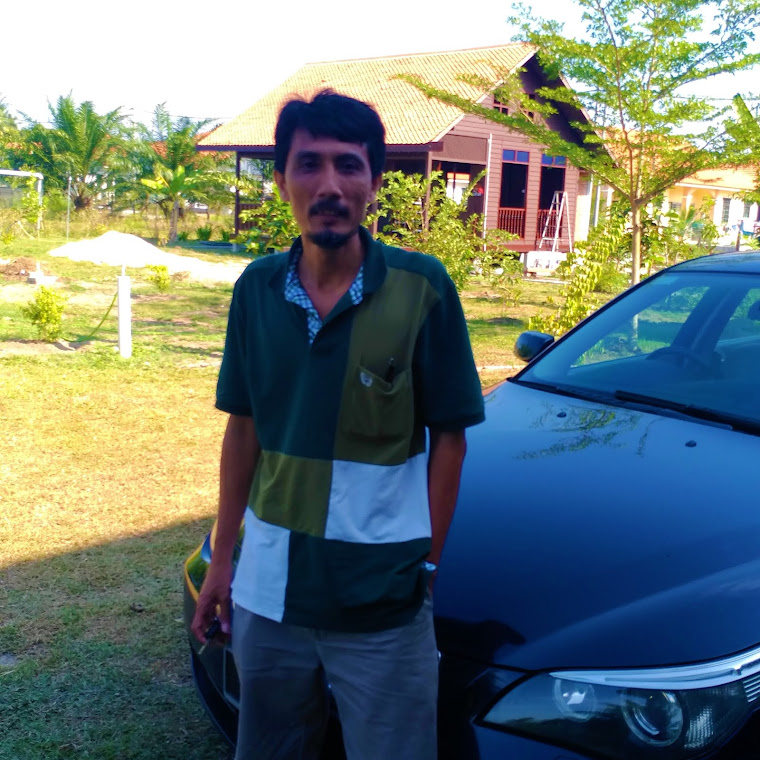OPINION - The debate over the use of antibiotics on animals and their potential to produce antibiotic resistance in humans has been stepped up in recent weeks.
In the EU, the European Commission has introduced an action plan detailing 12 concrete actions to be implemented in close cooperation with the Member States.
European Commissioner for Health and Consumer Policy, John Dalli said: "We need to take swift and determined action if we do not want to lose antimicrobial medicines as essential treatment against bacterial infections in both humans and animals.
"The 12 concrete actions for the next five years could help limit the spread of anti-microbial resistance and help develop new anti-microbial treatment. Their success requires joined efforts from the EU, the Member States, healthcare professionals, industry, farmers and many others."
The Action Plan specifically states that more action should be taken to ensure that antimicrobials are used appropriately in animals.
It also wants to improve the monitoring and surveillance of antimicrobial use.
Tough measures have also been taken separately in Germany and France to increase the monitoring of their use and reduce their use where possible.
In the US, however, the Food and Drug administration has refused two longstanding petitions to limit the use of antibiotics on farms.
The petitions were filed in 1999 and 2005 by the Center for Science in the Public Interest (CSPI) together with several environmental and medical organisations calling on the FDA to cancel its approval of the 'herdwide and flockwide' uses of several classes of antibiotics for promoting growth and preventing disease in chickens, swine and beef cattle, out of concern that such use will spur resistance and reduce the drugs' effectiveness in humans.
The FDA said it preferred a voluntary code for the reduction in the use of antibiotics and added that to ban them could lead to lengthy and expensive litigation.
The FDA's stance comes in the face of research from Tufts University School of Medicine calling for stricter regulation of the practice of using antibiotics for non-therapeutic reasons.
"The United States lags behind its European counterparts in establishing a ban on the use of antibiotics for growth promotion. For years it was believed that giving low-dose antibiotics via feed to promote growth in cows, swine, chickens and the use of antibiotics in fish farming had no negative consequences. Today, there is overwhelming evidence that non-therapeutic use of antibiotics contributes to antibiotic resistance, even if we do not understand all the mechanisms in the genetic transmission chain," says Dr Stuart Levy, MD, professor of molecular biology and microbiology and director of the Center for Adaptation Genetics and Drug Resistance at Tufts University School of Medicine.
It is this dichotomy between the stance being taken by the US Food and Drug Administration and the stricter stance of the European Commission that could lead to potential troubles.
In the World Trade Organisation Doha trade talks, some of the stumbling blocks in the agricultural discussions have been the divides over the use of Sanitary and Phytosanitary as a means to block free trade.
South American countries have shouted long and hard that they are being unfairly treated by the EU and the US over bocks to trade in meat products and livestock.
Concerns over Foot and Mouth Disease and also health and hygiene practices in processing plants have led the way in the disputes between the two blocs.
The EU and the US has a history in taking robust stance on health and safety issues where meat and food is concerned.
For years, the EU banned beef from the US because of the use of growth promoters that they had banned. The European Commission maintains that they are carcinogenic while the US refutes the claims and backs their safety with different scientific research.
The ban led to a cycle of retaliatory tariff measures against other goods coming from the EU to the US.
Earlier this year the measures were relaxed as a larger quota of non-hormone treated beef was allowed into the EU from the US, but the dispute has still not and is never likely to be finally settled.
Now, the use of antibiotics in livestock production for non-therapeutic reasons could spark another trade war between the US and the EU.
The US Government Accountability Office this autumn called for greater monitoring of their use and surveillance of antibiotic resistance in humans. It also called for research into alternatives to antibiotics for non-therapeutic use - but will this be enough when the FDA still takes a stance that it should be a question of choice.
With the EU tightening its controls on antibiotic use, having already banned their use as a growth promoter, it would seem that a head-on collision between the EU and the US is inevitable and the fallout could be considerable and costly.







